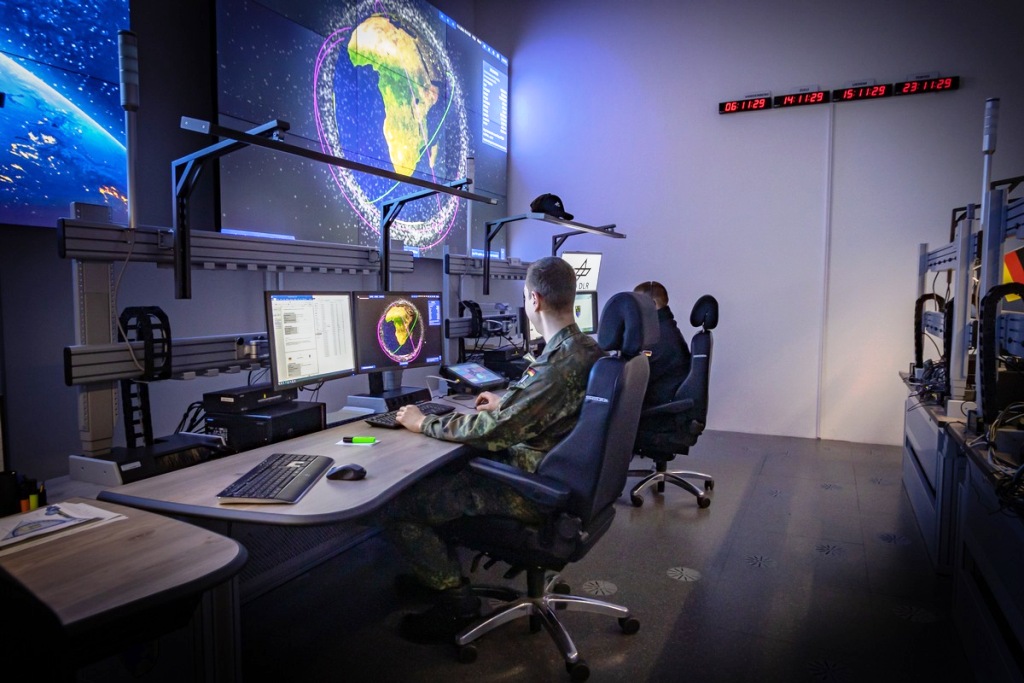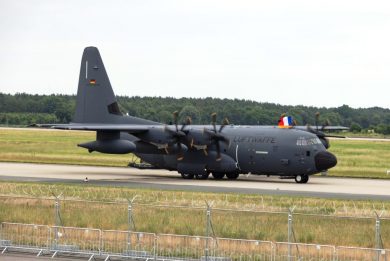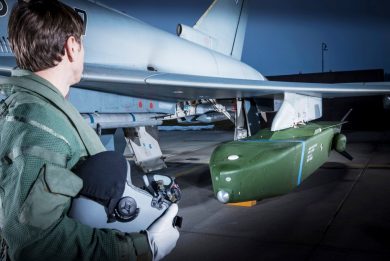
Germany: new capabilities for space surveillance. Bundeswehr receives first ground-based space radar
Koblenz, 19 December 2024 – Due to the rapidly increasing number of new satellites in space, the independent creation of a space situation picture is of particular importance. Satellite communication and navigation as well as earth observation data are now essential not only for military use but also for many civilian areas of life and are therefore part of the critical infrastructure.
Against this background, the continuous detection and tracking of these space objects is indispensable and has been assigned to the Bundeswehr Space Command (WRKdoBw) as part of civil-military security precautions. The contract signed today by the President of the Bundeswehr Procurement Office, Annette Lehnigk-Emden, secures the procurement of a commercially available radar for space surveillance and will enable the WRKdoBw to precisely detect a significant proportion of satellites, as well as passive objects such as space debris, and to continuously track their trajectories.
At the signing of the contract, Lehnigk-Emden emphasized: “This project has the clear potential to secure a pioneering role for us, the Bundeswehr, and the Federal Republic of Germany in Europe in terms of space surveillance capabilities based on the commercially available technology contracted here.”
The new radar is an essential sub-project of the future space surveillance system and is being procured for permanent operation to detect and track objects in Low Earth Orbit (LEO); that is, to record orbits 200 to 2,000 kilometers above the earth regardless of the weather or time of day. The LEO area is of particular importance because over 90 percent of active satellites fly in this area. In the future, the data collected will be fed into the Space Situation Center in Uedem, where it will be processed together with other data to create an overall situation in near-Earth space.
As part of the national security strategy, the goals of which include expanding its own space situational capabilities, the Bundeswehr will also make a significant contribution to NATO’s collective defense capabilities in the future. In addition to risks from space debris and possible re-entry of space objects, the situation center also assesses the effects of space weather triggered by the sun’s activities. To this end, objects in near-Earth space are monitored and, if necessary, investigated in order to create a reliable and clear national object catalog. On the basis of these results, valid collision forecasts can be independently ensured, for example, along with the timely initiation of evasive maneuvers. Federal and state authorities and satellite operators can also be enabled to react to space events at an early stage.
The civilian part of the joint departmental situation center is provided by the space management at the German Aerospace Center. An additional space surveillance radar to increase the timeliness and quality of data for a location abroad is optionally anchored in the contract. This will enable the Bundeswehr to further expand its space activities and capabilities with the aim of realizing the most comprehensive space surveillance possible.
Source BAAINBw
Unofficial translation by EDR On-Line
Photo courtesy BAAINBw



